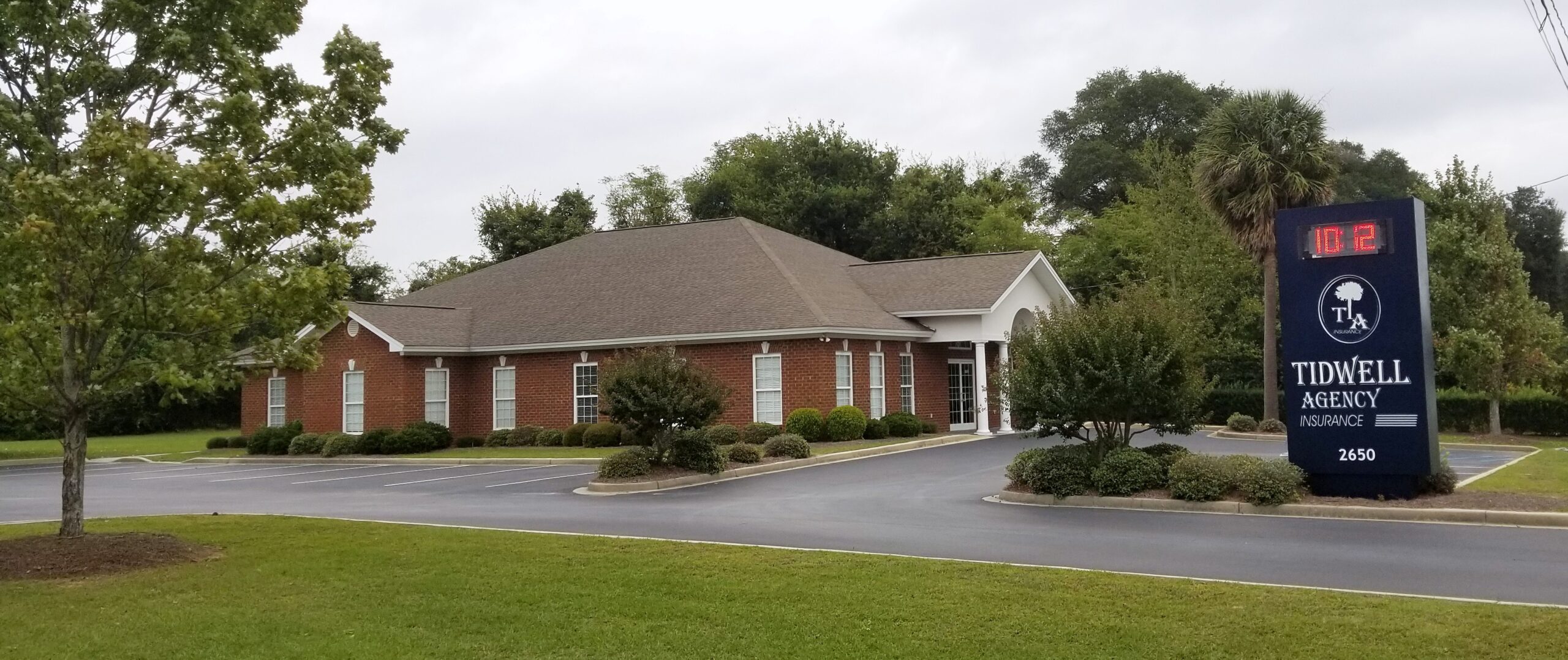According to the National Highway Traffic Safety Administration (NHTSA), weather-related crashes account for a significant number of fatalities during the holiday travel season. Citing preparedness as the best way to avoid problems and stay safe, NHTSA provides a checklist for safe winter driving. If you encounter dangerous weather conditions at your holiday destination this season, make sure to follow these tips:
- Check the weather forecast as well as road and traffic conditions before you leave and adjust your plans accordingly.
- Allow plenty of time to reach your destination.
- Plan your route ahead of time, and also be prepared to make adjustments as traffic and weather conditions change.
- Know how your car handles on wet, icy or snowy roads.
- Clean snow, ice and dirt from windows, sensors, headlights, taillights and your backup camera before heading out.
- If you are renting a car, familiarize yourself with the vehicle before driving off the lot.
- Drive slowly and increase your following distance in bad weather.
- If you have anti-lock brakes, apply firm continuous pressure. If you have standard brakes, pump the pedal gently.
- If you begin to slide, ease your foot off the gas and carefully steer in the direction that you want the front of the car to go. Don’t use the gas or brakes until you regain control.
- Have a mechanic give your car a check-up before your trip.
- Make sure your windshield wipers work properly. Replace worn blades and fill up the wiper fluid reservoir.
- Check your tire pressure and make sure each tire is filled to the manufacturer’s specifications.
- Bring a snow shovel, broom and ice scraper, as well as sand or kitty litter in case you get stuck. Also bring jumper cables, a flashlight, blankets, a cell phone with charger, water, food and any medications that you need.
- If you get stuck, stay with your vehicle.
- Do not over-exert yourself trying to move a stuck car.
- Keep the car’s dome light on to draw attention to yourself.
- Don’t run the car for long periods of time with the windows closed or in an enclosed space. Keep the exhaust pipe clear of snow and run the engine only long enough to keep warm. You can avoid a buildup of carbon monoxide.
NHTSA—and we—recommend that you get prepared for any type of winter travel. You want to arrive at your Christmas destination safe, sound and warm, and ready to celebrate.
Contact us today if you would like to review your auto insurance coverage before your holiday trip.

